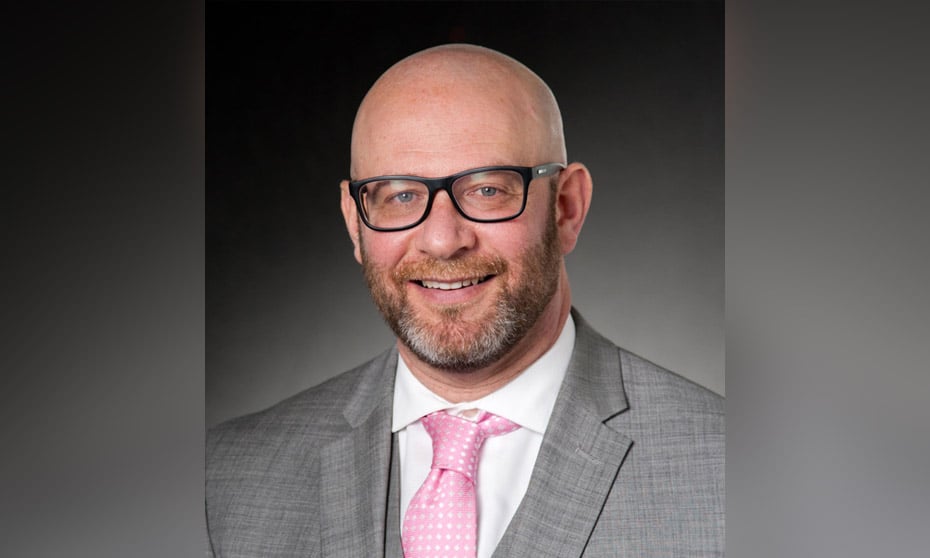
Proponents say the stop-gap move supports access to justice

Although a new law lets courts could hand down harsher sentences for summary conviction matters, the Law Society of Ontario decided to allow some licensing candidates and paralegals to keep working on some of those cases.
The proposal, approved at a Sept. 11 board meeting at Toronto ahead of a “critical” Sept. 19 deadline, applies to offences such as assault, theft under $5,000 and public mischief, said Robert Burd, a bencher and paralegal who fielded questions about the report.
So-called regulated agents — including non-lawyers — could previously act on matters where the jail time would be less than six months, said Burd. The federal government had previously “overlooked” the issue of regulated agents when it ratcheted up the sentences on summary conviction matters, said Burd.
Law professor and bencher Ryan Alford had urged other benchers to approve the proposal as an access to justice measure. The benchers favoured his stance, voting to accept the first phase of a review of summary conviction matters and regulated agents.
“The idea here — that we do not move forward with Phase 1 and approve something that would preserve status quo— every law clinic that uses supervised students, at the most delicate stage in the semester will be immediately thrown into chaos,” said Alford, adding that the impact of removing regulated agents from summary convictions would be “catastrophic” in terms of access to justice.
It will not be the last time that benchers at convocation consider this particular scope of practice, which for the time being preserves the status quo prior to the enactment of Bill C-75, said Burd. He said the LSO is not proposing a long-term solution where regulated agents expand their practices to the issues where the sentence is now up to two years. The coming consultation will involve data collection, Burd said.
“The need for this comes from significant amendments to the criminal code that were passed by the federal government,” said Burd. “What we are seeking to do is to preserve as closely as possible the scope of summary conviction offences . . . . with the approximate status quo secured, we will focus on developing the scope for paralegals in criminal law matters, taking into account education, training standards and competency development in the field.”
Burd also said that if law students or paralegals feel the added jeopardy is too much, they should turn down the work.
“We have had a lot of discussions about how these increased sentences could alter the landscape of summary conviction,” Burd said. “In particular, the more serious and complex incidences — which may have been prosecuted by indictment before Bill C-75 — may be prosecuted now under summary conviction with the added jeopardy. Knowing this, we had taken steps and weighed the issue against the other responses that were immediately available, we feel preserving the same limited list of summary conviction offences that regulated agents could appear on prior to Bill C-75, until a comprehensive review can be completed. . . . is the most defensible approach.”
Megan Shortreed, a bencher and partner at Paliare Roland Rosenberg Rothstein, told fellow benchers that a review of regulated agents was long overdue, and that their role had been defined more by the criminal code than the LSO itself.
Bencher Paul Cooper, a lawyer at Cooper Jørgensen in Vaughan and the greater Toronto area, raised questions about the LSO’s long-term approach on regulated agents acting in summary conviction matters. Burd said there is no pre-determined position on the eventual expansion or reduction of scope for regulated agents.
“If this is passed and the data comes out and shows a risk to the public as people are being defended where they may risk jail . . . . I would like to know if the if it is the committee’s position that they will restrict the scope of paralegals,” Cooper said.